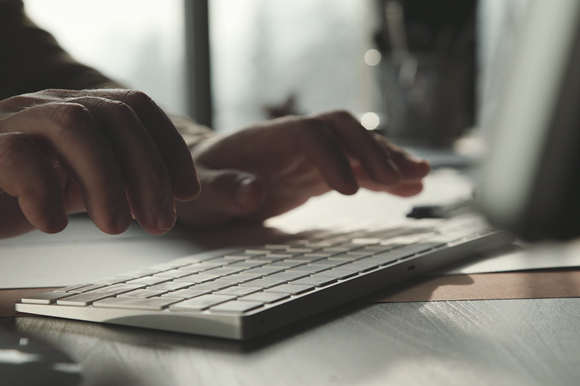
Shutterstock.com
Candidates taking their registration assessment from home risk failing their exam if they leave the room for any reason, including to use toilet facilities, the General Pharmaceutical Council (GPhC) has said.
Meanwhile, those who are able to sit the exam in an assessment centre will be allowed to leave the room, if escorted by an invigilator.
The remote assessment conditions are similar to those enforced during the situational judgement test taken by final year medical students, which the British Medical Association (BMA) described as “unfair, unacceptable, and in some cases inhumane”.
The GPhC rescheduled the registration assessment from June and September 2020 to March 2021 owing to the COVID-19 pandemic, and moved the test online to be provided by international assessment company Pearson VUE.
While the GPhC said the “majority” of candidates will sit the registration exam in a Pearson VUE test centre, those who have a specific need or are shielding from COVID-19 can apply to sit the exam remotely “as a reasonable adjustment”.
According to registration assessment regulations published by the GPhC, candidates sitting the exam at a test centre face allegations of misconduct if they are found “leaving the assessment room during a sitting for any reason other than to visit toilet facilities, or without notifying an invigilator”.
However, amended regulations for remote sittings list “leaving the assessment room during a paper” under alleged misconduct, for which the candidate could “be deemed to have failed that sitting of the assessment, irrespective of the marks they obtained”.
A GPhC spokesperson clarified that the majority of candidates will sit in test centres, where water and toilet breaks can be appropriately monitored by an invigilator.
“Those who feel they are unable to sit in a test centre have been able to apply to sit remotely as a ‘reasonable adjustment’, and invigilation is carried out via an online proctoring process,” they said.
“Candidates taking the assessment at home will need to be in view while taking the assessment. They will be permitted to visit the toilet during the scheduled break between papers.”
The BMA medical students committee raised concerns about similar conditions set by the UK Foundation Programme (UKFPO) for final year medical students taking the situational judgement test remotely, after reports of students urinating in their seats to avoid terminating their exam.
“We are shocked and distressed by the reports from final year medical students currently undergoing the situational judgement test,” said Becky Bates and Tinaye Mapako, co-chairs of the BMA medical students committee.
“They indicate the treatment for some students undergoing the exams has been unfair, unacceptable, and in some cases inhumane. This adds even greater levels of stress, anxiety and, in many cases, uncertainty to students who are desperate to enter the foundation programme later [in 2021].”
The situational judgement test lasts 2 hours and 20 minutes, while paper one of the pharmacy registration exam lasts for 2 hours and paper two is 2 hours 30 minutes long.
A spokesperson for Pearson VUE said it implements “invigilation processes in line with industry standards for online proctored test delivery”.
“Specific processes can vary by customer based on what each customer determines is best for their exam programme, so long as the process conforms with applicable regulations.
“Pearson VUE is not involved in setting or influencing exam invigilation regulations, although we obviously follow those regulations closely and comply with them wherever required.”


